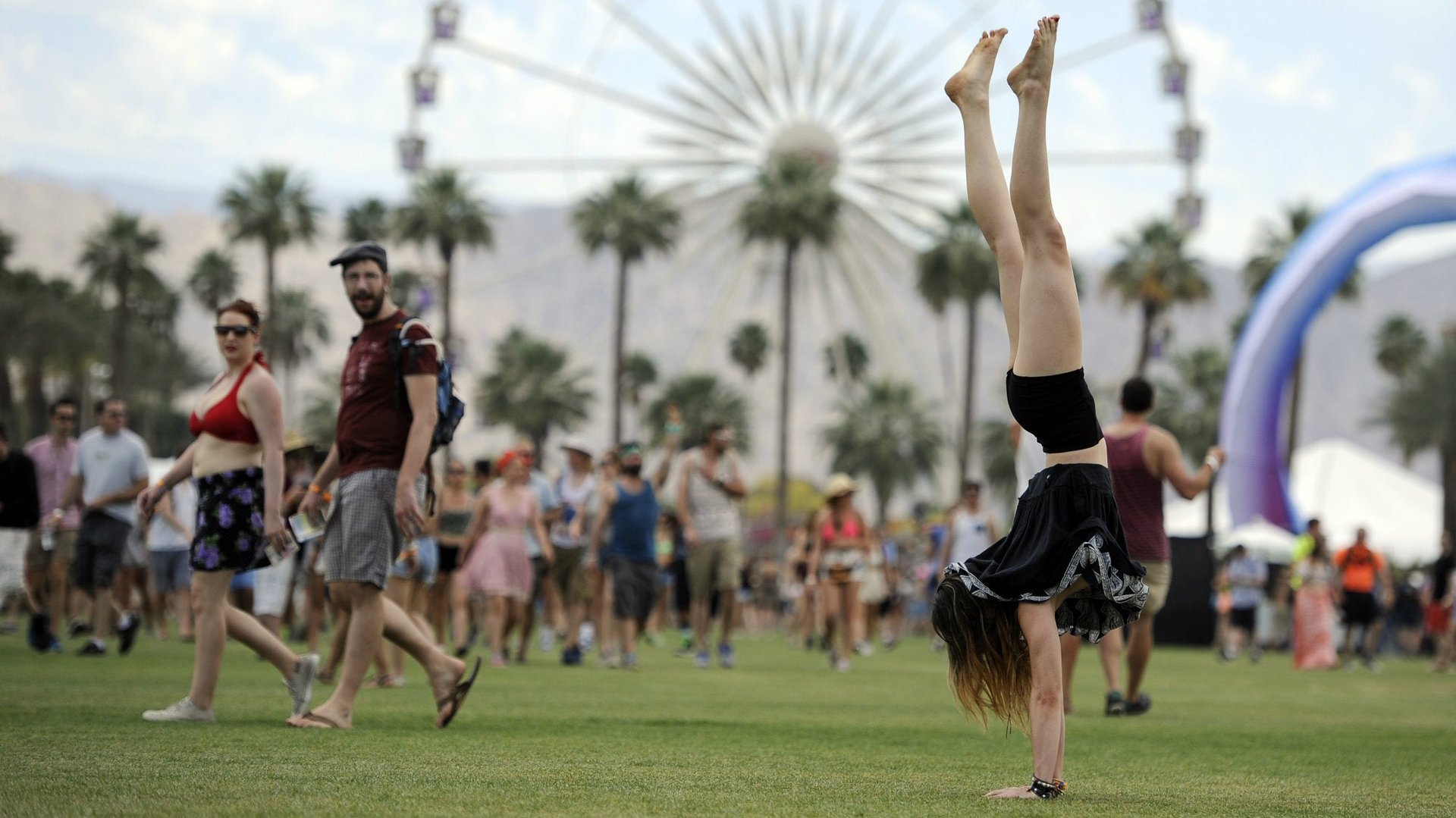Don’t feel guilty about your to-do list this weekend—research shows play before work is just as much fun
How often have you thought longingly of a favorite leisure activity—a run on a favorite path, the delicious novel sitting by your bed, a day trip to the beach—then firmly pushed it out of your mind and returned to the task at hand? The more practiced you are at delaying gratification, the more times you’ve probably put work before play, reasoning that you’ll enjoy the activity more if the work is done.


How often have you thought longingly of a favorite leisure activity—a run on a favorite path, the delicious novel sitting by your bed, a day trip to the beach—then firmly pushed it out of your mind and returned to the task at hand? The more practiced you are at delaying gratification, the more times you’ve probably put work before play, reasoning that you’ll enjoy the activity more if the work is done.
New research from the University of Chicago Booth School of Business suggests that may not be the case. Researchers found that while people expect to enjoy fun activities more if they’ve completed work first, play before work is in fact just as fun as its opposite.
In one experiment, subjects were given an iPad game to play either before or after a challenging cognitive test. In another, researchers set up a massage chair and footbath in the laboratory and gave student participants the option to visit before or after midterm exams. Subjects were asked to rate how much they expected to enjoy the pleasurable activities. In both cases, subjects who got the treat before work expected to enjoy it only about 30% as much as those delaying it, but ended up liking it just as much—and even a tiny bit more—than those who completed the onerous tasks first.
US workers in particular are not good at relaxing—for proof, see this sober list of tips (paywall) for professionals adjusting to the shock of time off. A constant failure to relax leads to burnout at work, in addition to high blood pressure, heart disease, and a host of other physical ailments. Making time for enjoyable, stress-reducing activities is good for personal health, and—for those chronically unable to prioritize health before work—it’s good for professional achievement.
If an extremely important project is due in an hour, it’s most likely better to finish before joining your colleagues at the pub. But if you just think you’ll enjoy happy hour more if your inbox is cleared first, you might want to think again.
“If people intuitively put leisure last—there’s always more work to do—they may fail to take advantage of such leisure opportunities and end up feeling burned out or dissatisfied at work,” wrote Ed O’Brien, a professor of behavioral science at Booth the study’s lead author, in the Harvard Business Review (paywall). “We may keep postponing doing something fun for ‘the right time,’ only to realize that it never seems to come.”